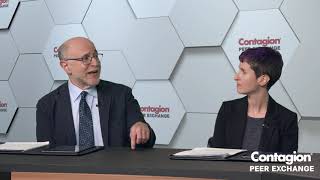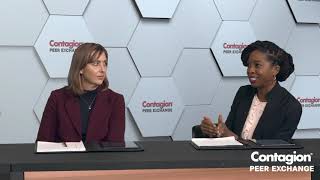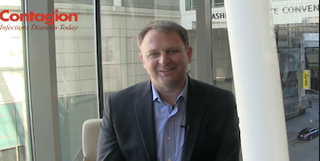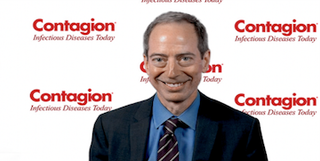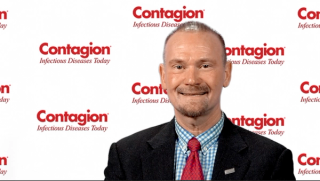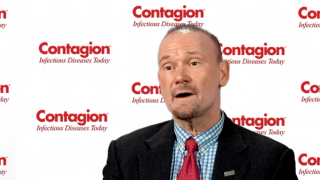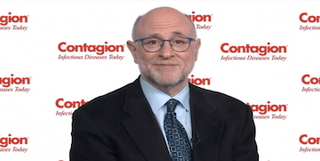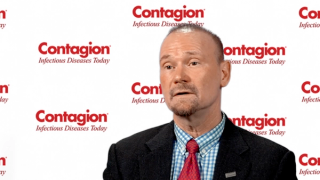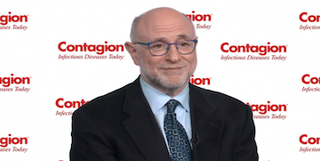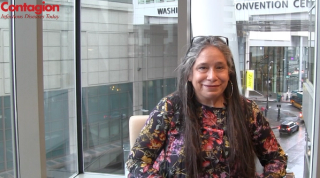
PrEP
Latest News
Latest Videos

CME Content
More News

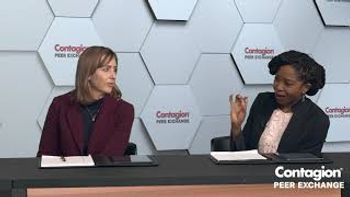
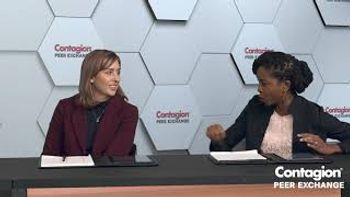

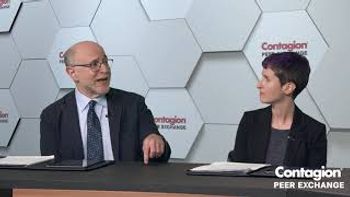
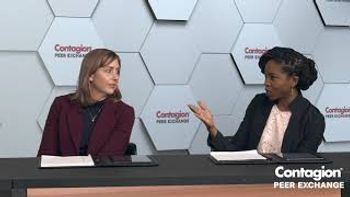
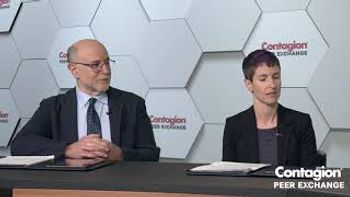
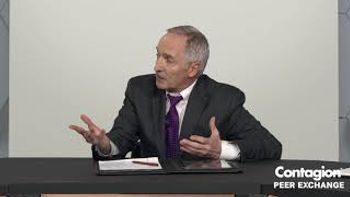
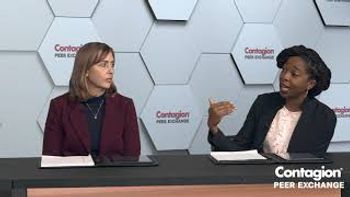
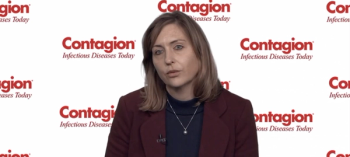
Colleen Kelley, MD, MPH, describes what's on the horizon in HIV prevention.
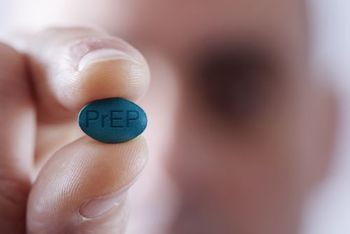
HIV pre-exposure prophylaxis appears to be making a difference, according to new research, which showed an association between increases in PrEP coverage and decreases in HIV diagnosis rates in the United States.

A new study examining the reasons for suboptimal PrEP use among MSM was presented at CROI 2020.
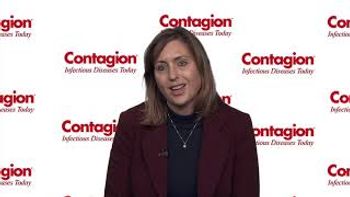
Colleen Kelley, MD, MPH, discusses the importance of targeted youth HIV prevention measures.

Contagion® spoke to Onyema Ogbuagu, MD, who presented the week 96 results from the DISCOVER study evaluating F/TAF and F/TDF.
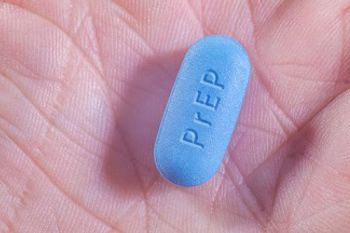
There was a statistically significant difference in renal safety which favored F/TAF over F/TDF at Week 96.

New Week 96 data from the FLAIR study indicate that once-monthly injections of cabotegravir and rilpivirine remains non-inferior and safe when compared with the daily, oral 3-drug regimen of ABC/DTG/3TC.

A generic pre-exposure prophylaxis (PrEP) option would greatly expand coverage among vulnerable populations and may well be the most cost-effective and safe option.
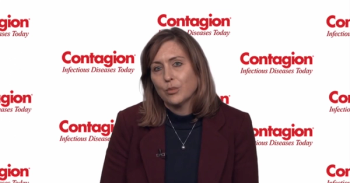
Colleen Kelley, MD, MPH, describes barriers to the implementation of HIV pre-exposure prophylaxis.

A recent report discusses the expansion of pre-exposure prophylaxis into the 35 PEPFAR supported early program adopters from October 2016 to September 2018.

The NIH has begun the first clinical trial evaluating the safety of a monthly dapivirine ring used to prevent HIV among pregnant women in eastern and southern Africa.
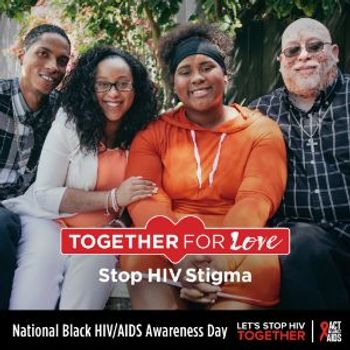
February 7th is commemorated each year to highlight the impact that HIV and AIDS has on the black or African American population in the United States.
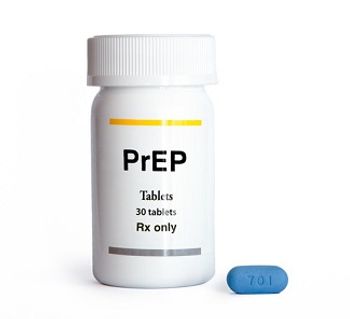
A new study conducted by CDC investigators found that commercially insured patients persisted on PrEP for median time of 13.7 months, compared to 6.8 months among Medicaid patients.

A new commentary argues that given the strong safety and efficacy profile of TDF/FTC, there is not sufficient benefit to warrant changing clinician emphasis to TAF/FTC.

New legislation, cost assistance program will likely reduce transmission.

Viral suppression at 2 years nearly doubled for people with HIV in a medical care coordination program implemented by the Los Angeles County Division of HIV and STD Programs, a new study found.

